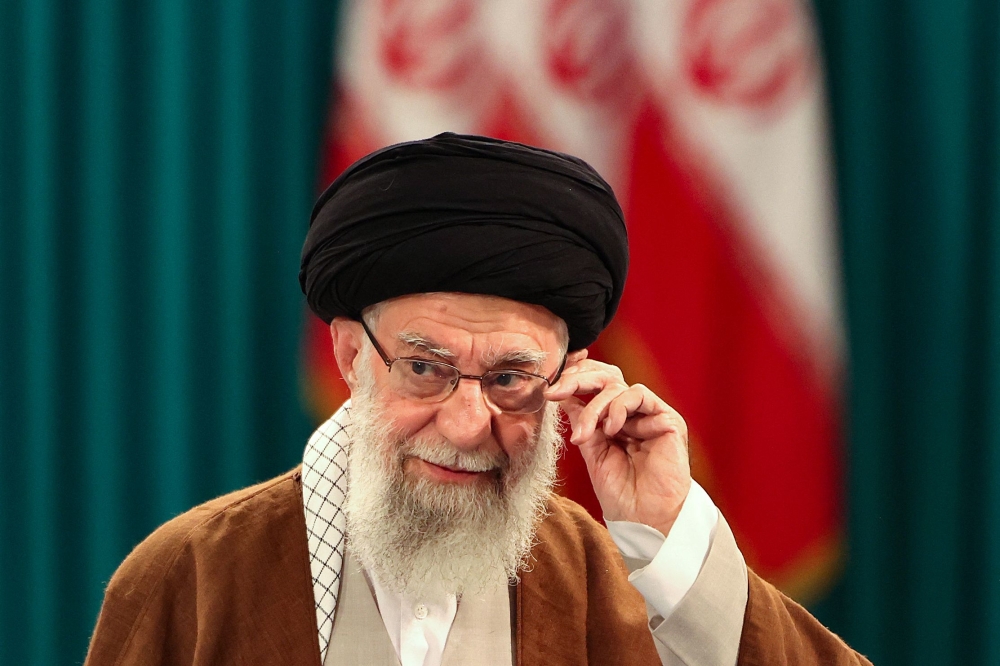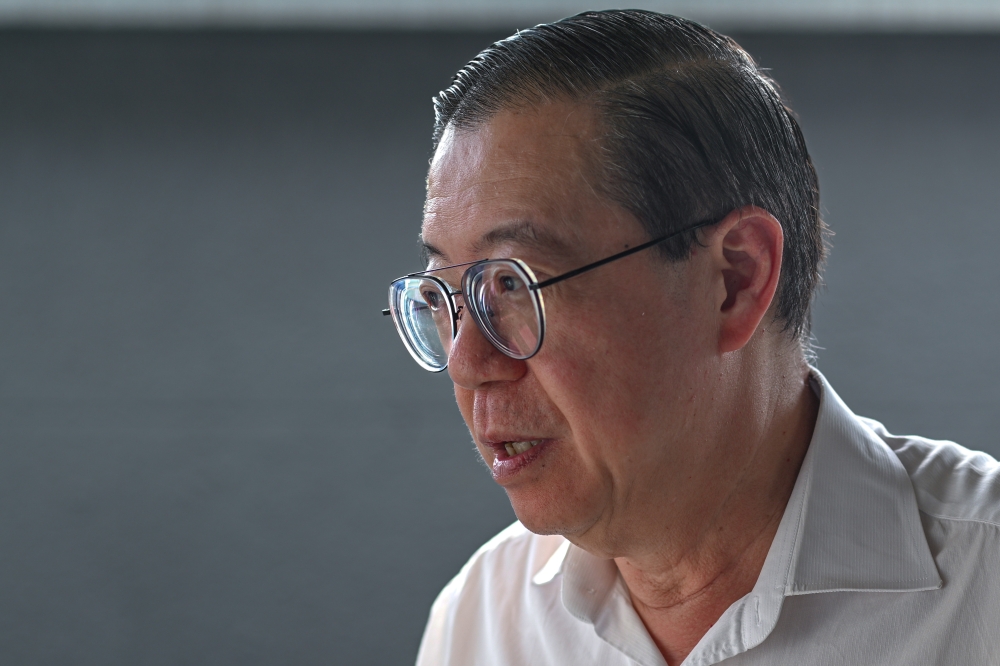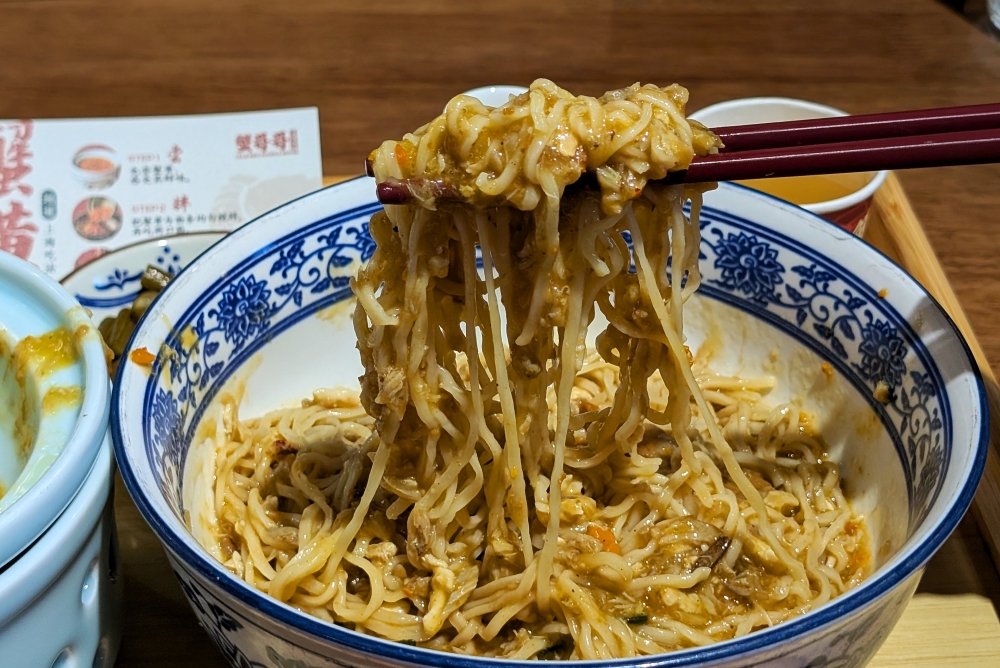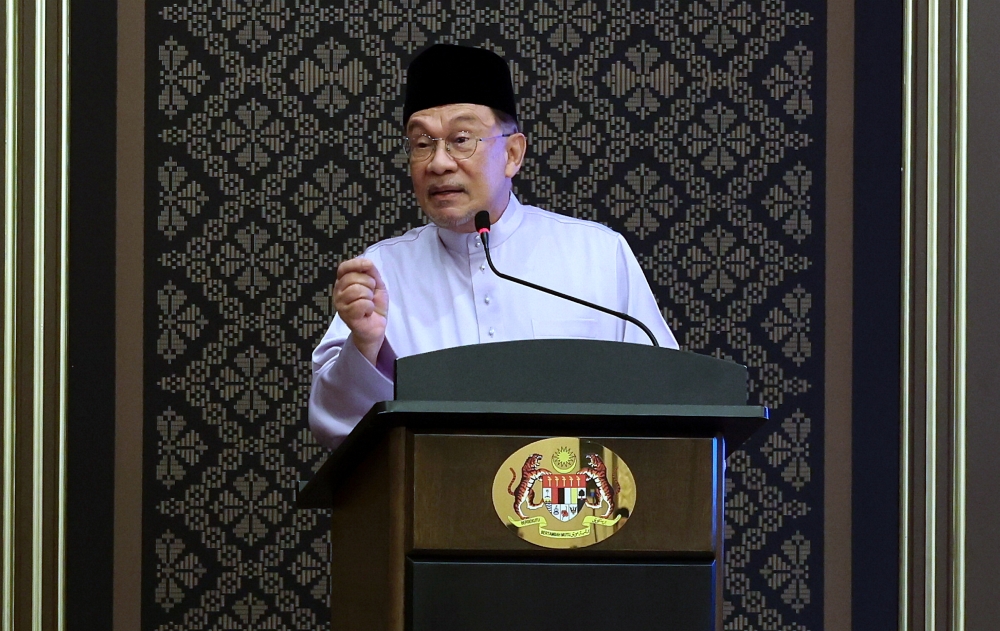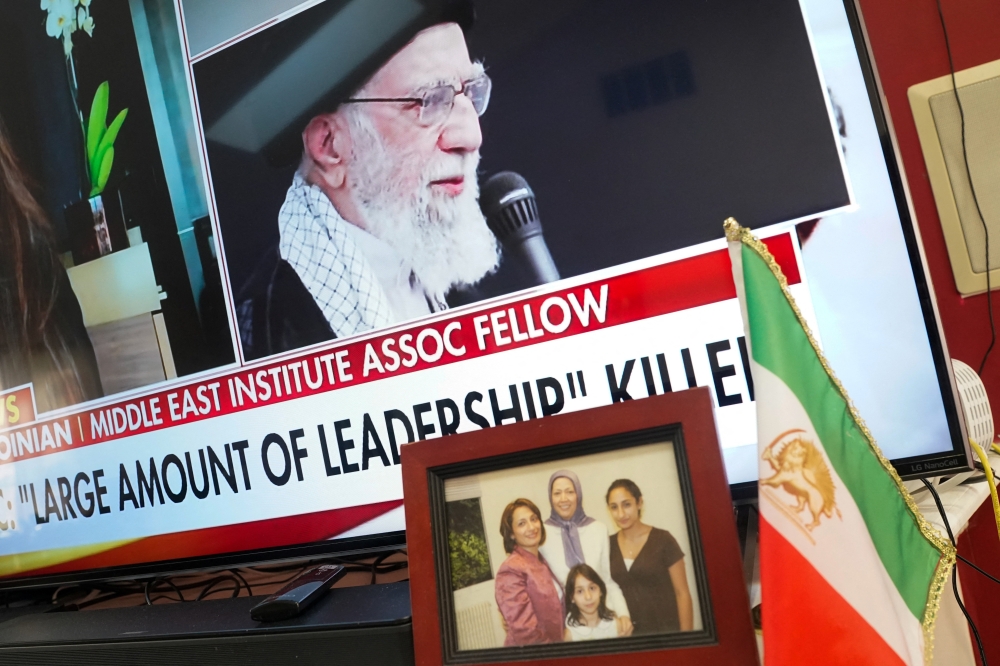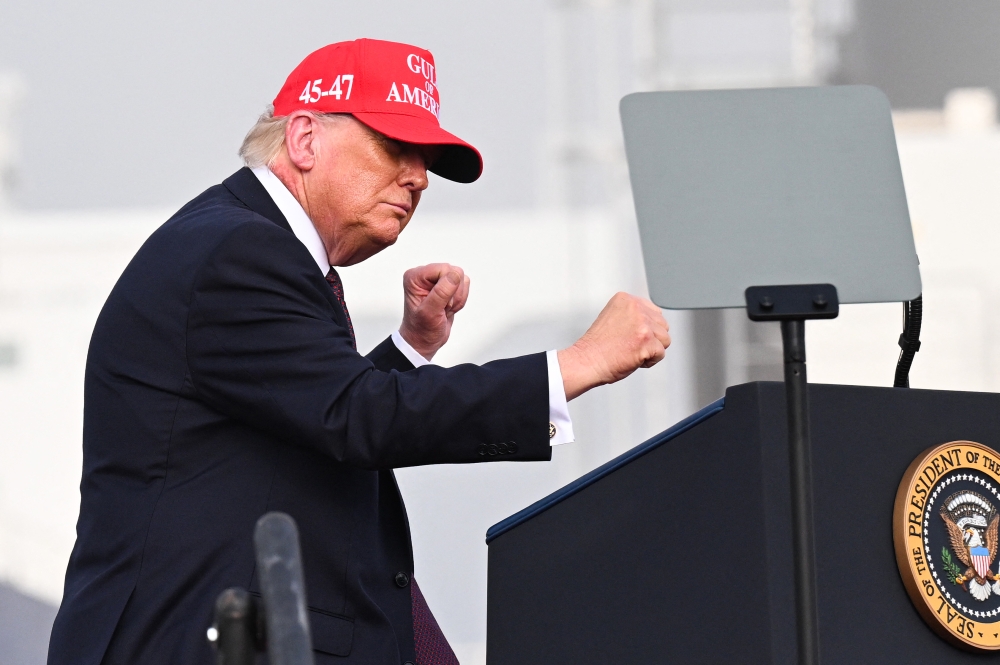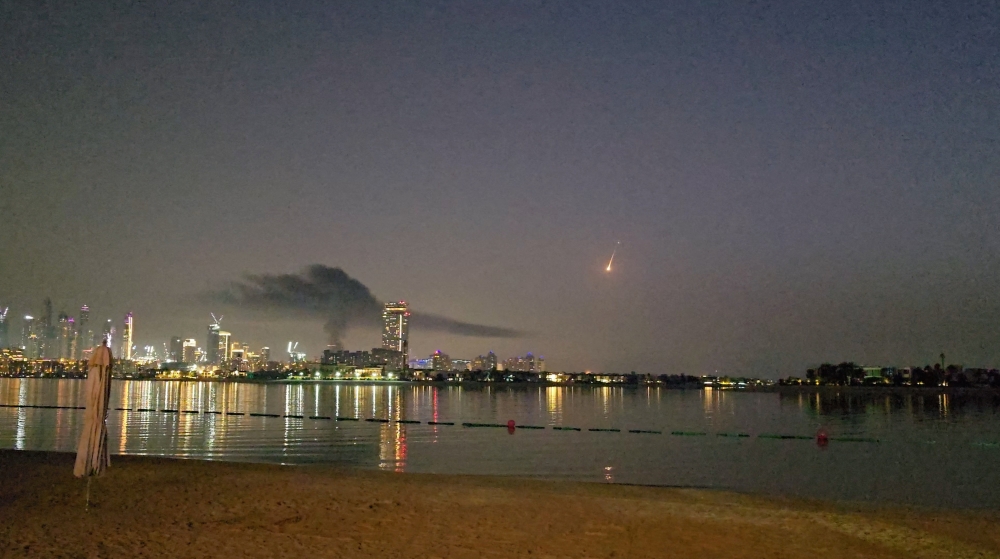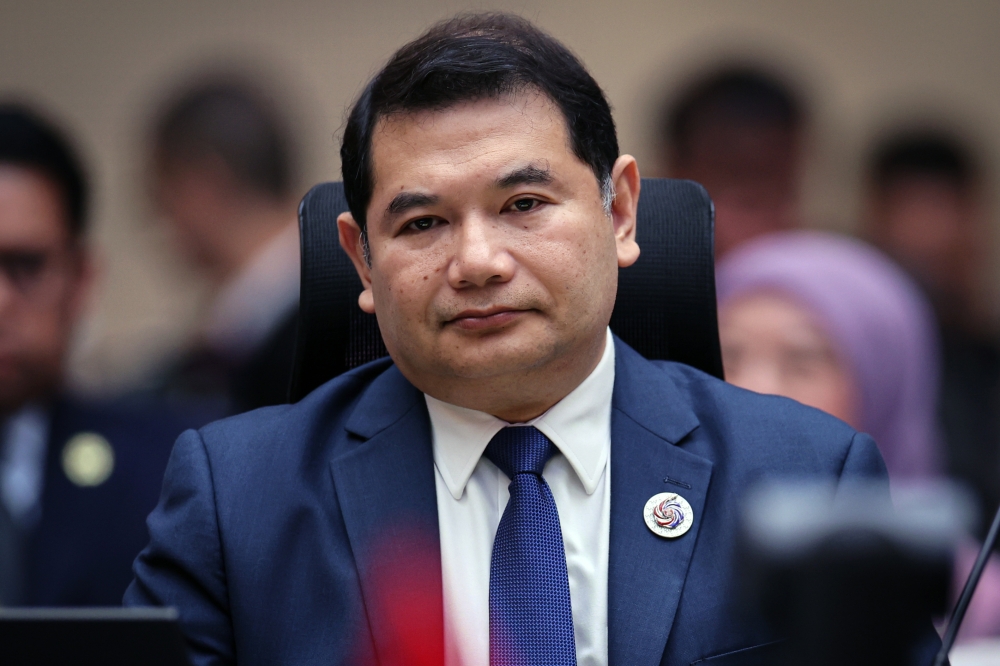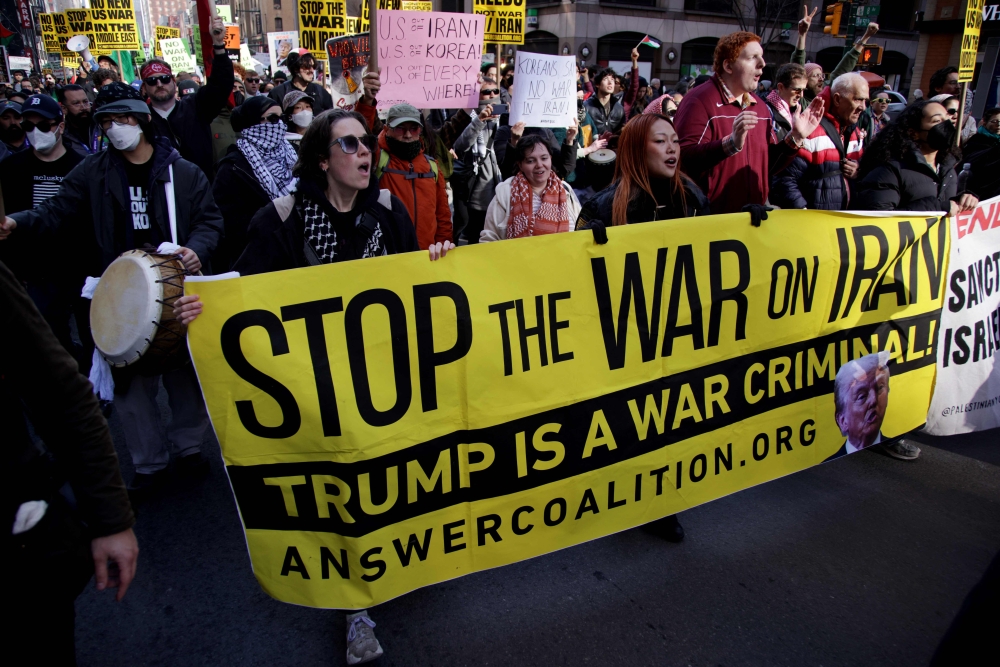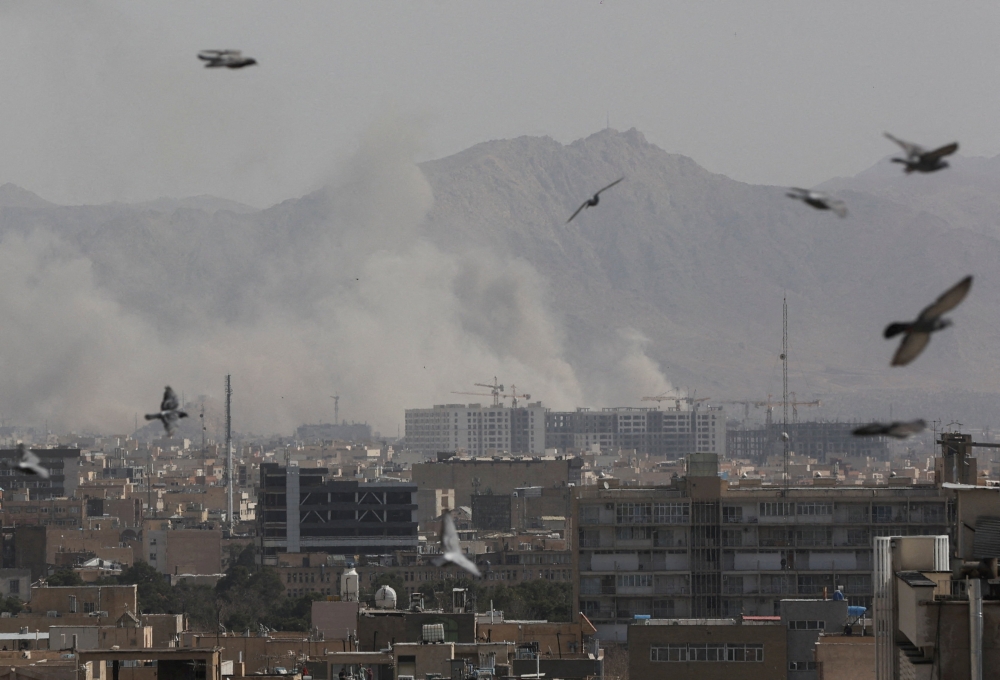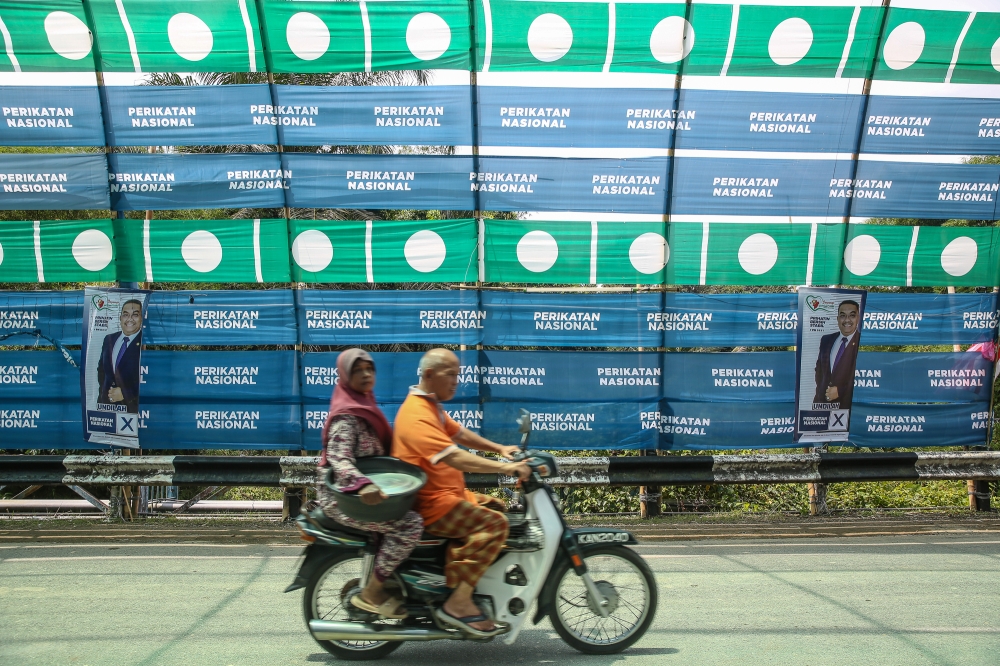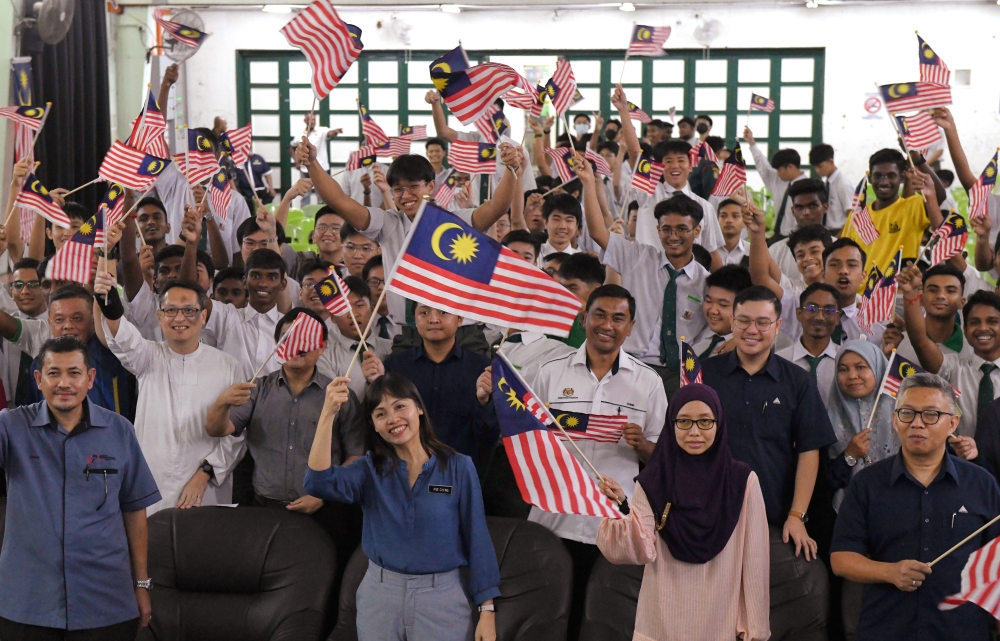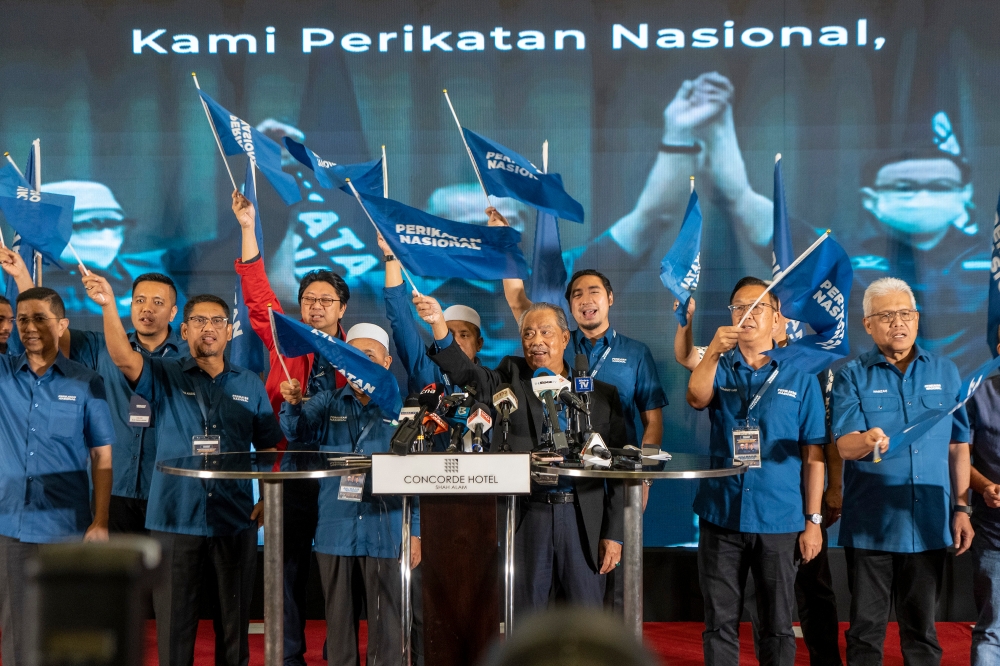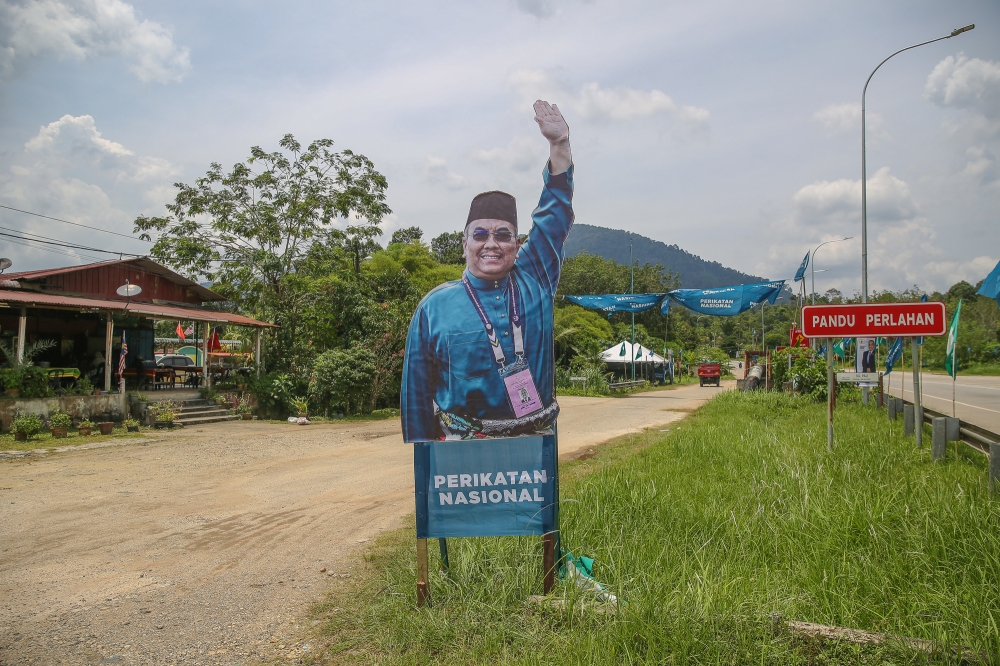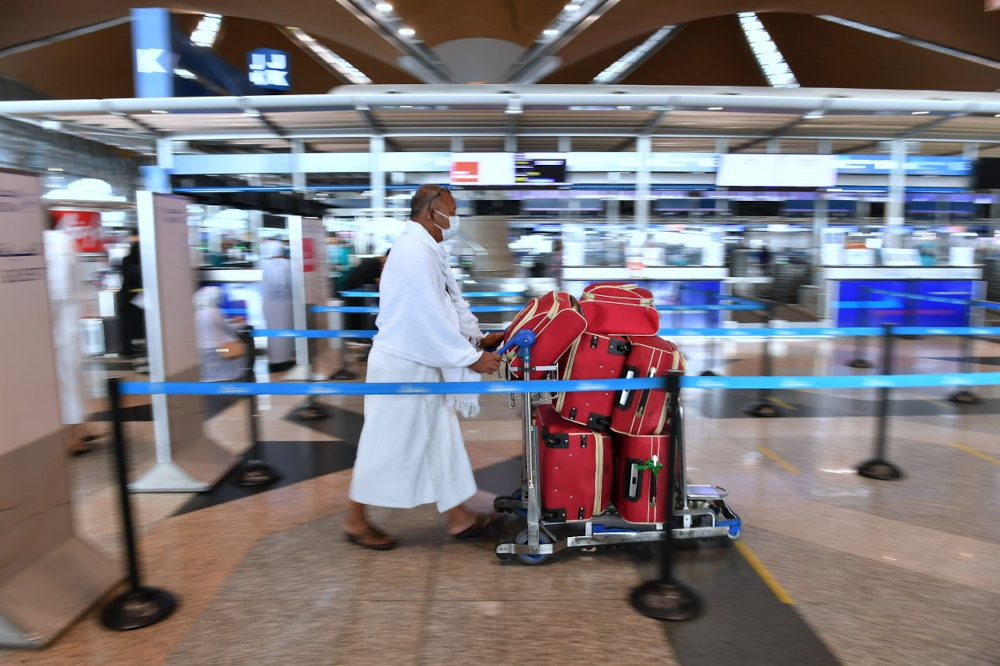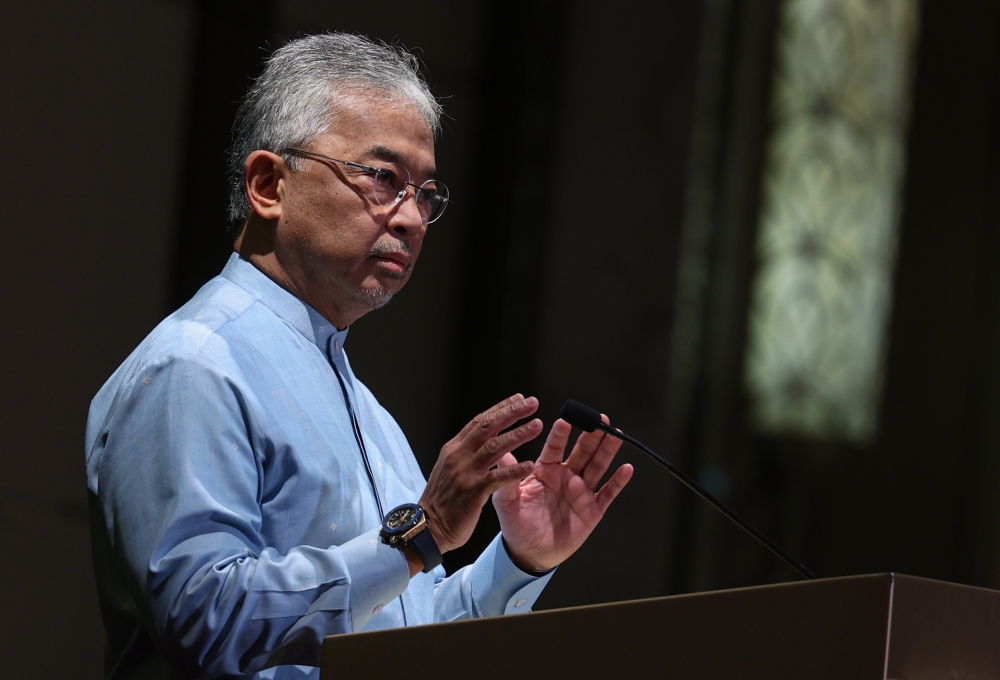KUALA LUMPUR, Aug 23 — The results of the six state elections on August 12 have cemented the view that Malay voters have shifted away from Umno and firmly towards PAS, according to analysts.
Nusantara Academy for Strategic Research (NASR) senior fellow Azmi Hassan said this was specific to PAS rather than Parti Pribumi Bersatu Malaysia (Bersatu) or Perikatan Nasional (PN) as a whole.
“This is because most of these voters (Malay voters) previously supported Umno, and Umno (now) seems to be very weak because of the relationship with DAP which Umno cannot counter even though they are part of the government,” Azmi told Malay Mail when contacted.
He said there is clear support for the “green wave” of political Islam, as Malay voters no longer trust Umno will protect the interests of the Malays.
These voters see PAS as the next party that can safeguard their interests.
“PAS has been selling to the public that they are a party that is synonymous to religion, that is their rhetoric during the election campaign, and the rhetoric after the election campaign and even after they formed the state government also they didn’t change this rhetoric of ‘whoever against PAS is against Islam’.
“That’s the message that they have been trying to sell and it bites in this case,” he said.
He stressed that the Malay voters chose PN not because of the economy as otherwise they would have abandoned PAS.
“It’s not about the economy or lack of opportunities, if it is, PAS would be abandoned by the Malay voters because all the four or three states that are led by PAS are way down in terms of economic opportunities, income and gross domestic product (GDP).
“It’s about religion, race, Islam and so the Malays, when PAS portrayed themselves as the hero that can protect them from the onslaught of the federal government where DAP is perceived as the kingmaker, PAS is really taking advantage of this perception,” he said.
Syaza Shukri, assistant professor of political science at International Islamic University Malaysia, said when it was the 15th general election, voters had boycotted Umno.
In the state election, however, she said the votes for PN were “real”.
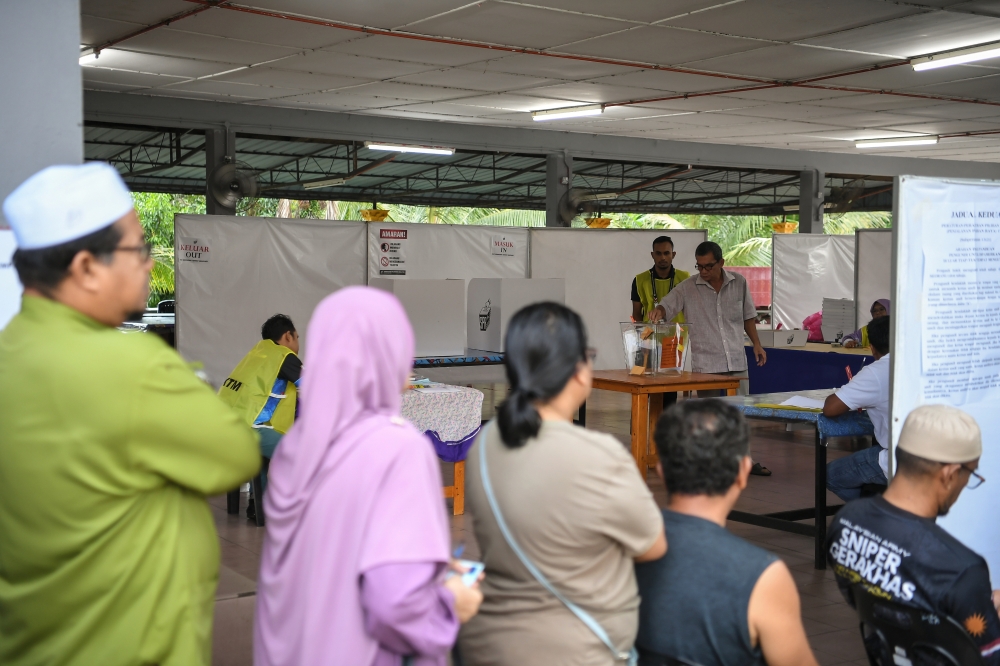
“They are choosing PN because PN represents the coalition that rhetorically deals with the Malays’ existential anxiety.
“So yes, the ‘green wave’ is a support for Islam in politics because when all else seems to ‘fail’ [their perception on the economy], ‘Islam’ becomes the ‘solution’.
“The support is due to anxiety and frustration with the established political actors. So, the key is ‘politics’, not really ‘Islam’,” Syaza said.
University of Malaya Centre for Democracy and Elections (UMcedel) sociopolitical analyst Associate Professor Awang Azman Awang Pawi said that it was not the “green wave” that influenced voters’ decisions in the state election.
“I think it was more of the Malays’ protest against the socioeconomic status particularly in Kelantan, Terengganu and Kedah that is not satisfactory.
“We can see that their livelihood and economy in the three states and even Perlis, are not stable, and the rising in cost of living.
“So, what they did was to get the attention (of the politicians), so that there will be focus placed on these issues by the country’s leaders. And if they continue to support the ruling government they feel that their voices may not be heard, that’s their way (of getting attention),” Awang Azman said when contacted.
At the same time, he said the people needed to see that the government of the day is able to help them at least make ends meet.
At the moment, Awang Azman said Prime Minister Datuk Seri Anwar Ibrahim may be talking about the incoming foreign investments, but it is not immediately felt by the people on the ground.
“The Malays don’t feel it in their day-to-day affairs. They can’t even find enough income to spend for a day, so they can’t see the rationale of the billions that are spoken about.
“The returns of these investments can only be seen in the long run, but the Malay voters need something immediate and something that is able to really impact their current economic situation.
“For now, the policies have just been announced and executed,” he said.
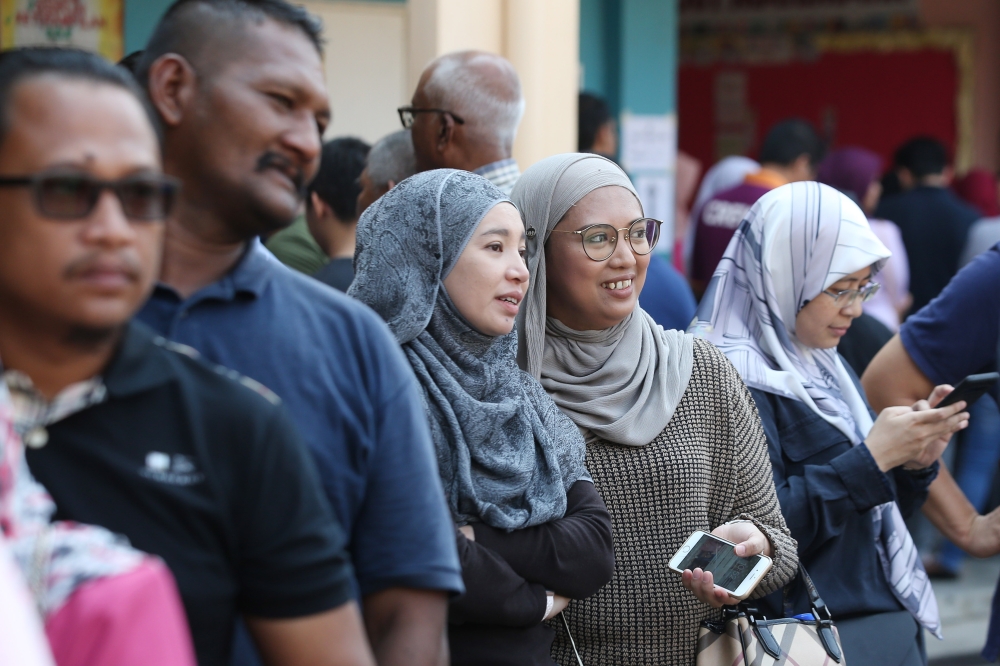
Meanwhile Universiti Utara Malaysia economics professor K. Kuperan Viswanathan said that it was not the economic factor that influenced voters’ choice in the recent state election.
There were many factors that influenced how voters made their choice during the state election, he said.
“Voters’ behaviour is not entirely due to the economy. Many social, physiological, and political factors affect how citizens vote. The economy is just one factor but an important factor.
“In Malaysia, voters’ behaviour is still largely driven by ethnicity, religion, and fear of political power by any one group. The Malay community has voted for PN largely due to the lack of an alternative liberal Malay party that can be trusted to protect Malay rights and interests.
“The cooperation with DAP has always been a problem for the Malays and this has affected voter preference for the ruling government,” Kuperan said when contacted by Malay Mail.
Commenting further on Malaysia’s economy, he said the country’s economy is actually in good shape and growing.
“Inflation, unemployment, and interest rates are among the lowest in the world.
“PN is wrong in saying the economy is in bad shape.
“However, getting the support of the Malays will require more time as the Malays are only now getting used to a political scenario without a dominant Malay party to lead the nation,” he said.
Agreeing that the economy is growing, senior research fellow at the Malaysian Institute of Economic Research (MIER) Shankaran Nambiar said: “Inflation has been moderating, unemployment has been trending down since after Covid. the economy has been picking up reasonably well, post-Covid-19 pandemic.
“In the Q1 (first quarter) of 2023, Malaysia posted a growth rate of 5.6 per cent, which is very respectable.
“However, it is true that the cost of living is high. While the rate of increase in price levels has been slowing, the price levels are higher today than pre-Covid-19 pandemic. For instance, food prices are high, the cost of eating away from home is high, and housing has been high for a long time,” he added.
Weighing in, economist Datuk Jalilah Baba said the Anwar Ibrahim administration has not really explained how it wants to tackle economic issues and how it wants to attract investments.
“Hence, PN is harping on it. So Malay voters who don’t really understand the economy are hooked because of PN. But our economy is not bad.
“(The government) must carefully explain to the rakyat and to the simple man,” she said.

